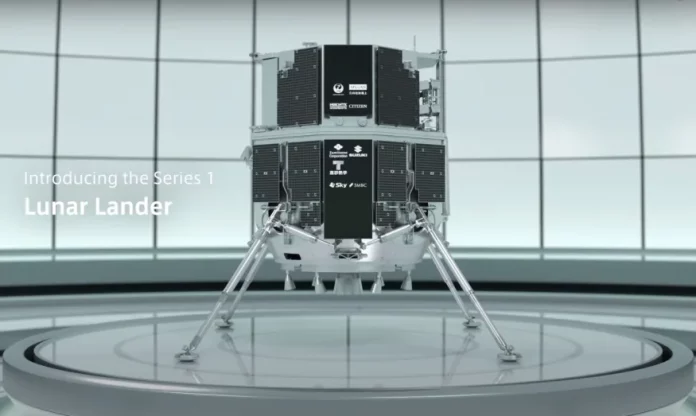The First Japanese Lunar Landing Mission by ispace’s Hakuto-R Ends in Failure ispace’s ambitious Hakuto-R Mission 1 aimed to achieve the historic milestone of being the first private company to successfully land on the moon as well as the first Japanese lunar landing.
However, the excitement was short-lived as the company lost contact with the spacecraft just before it was set to touch down on the lunar surface.
According to recent reports, ispace has revealed that there is a “high probability” that the lander made a hard landing on the moon’s surface, which clearly indicates mission failure.
Although ispace did not use the term “crash,” the damage to the spacecraft seems to be beyond repair, preventing the company from continuing with the mission.
The original plan was for the spacecraft to land on the moon on April 26th at 1:40 AM Japan time (April 25th, 12:40 PM Eastern time).
ispace has since confirmed that the lander was in a vertical position as it approached the surface, but its descent speed rapidly increased as its propellant ran out.
This setback marks a significant disappointment for ispace and a missed opportunity to make history in the private space industry.
As of 8 AM Japan time, ispace, the Japanese space startup, has officially declared that the lunar landing mission, known as “Success 9” of Hakuto-R, is no longer achievable.
The company has yet to reveal the cause of the failure or the current state of the spacecraft. However, ispace is currently analyzing the acquired telemetry data and plans to disclose its findings when ready.
Hakuto-R launched approximately 100 days ago on a SpaceX rocket, carrying payloads from JAXA, NASA, and the UAE’s first lunar rover called Rashid.
Although the mission failed to achieve its primary objective, ispace remains optimistic and states that it “acquired valuable data and know-how from the beginning to nearly the end of the landing sequence.”
The company plans to use this knowledge to improve and achieve success in future lunar landing missions. ispace still has plans to continue with Mission 2 in 2024 and Mission 3 in 2025.
Our HAKUTO-R M1 lunar lander was scheduled to land on the surface of the Moon at approx. 1:40 (JST). As of 8:00 today (JST), communication between the lander at the Mission Control Center was lost and it has been determined that Success 9 of the milestones is not achievable.(1/3)
— ispace (@ispace_inc) April 26, 2023



